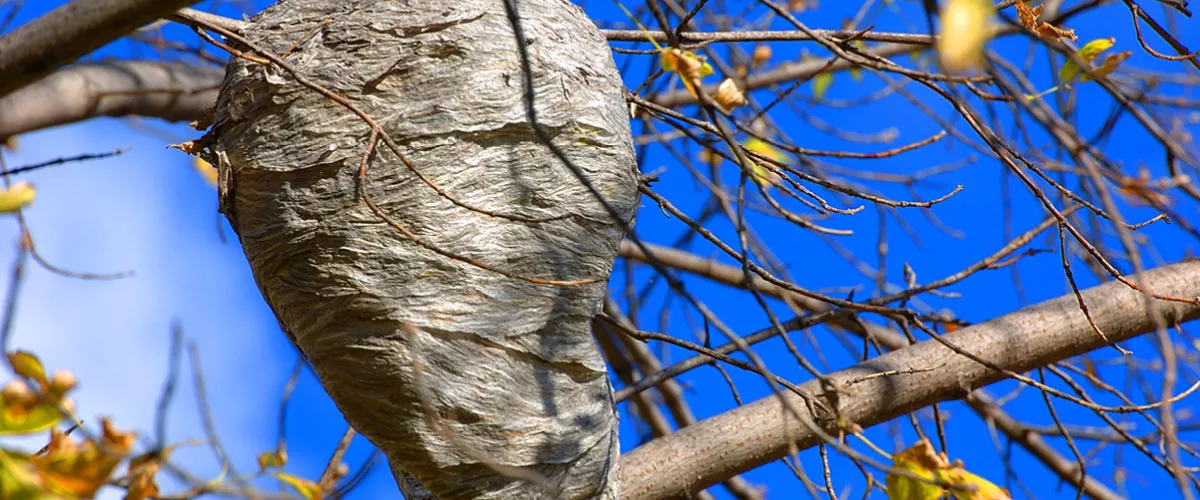What’s the buzz about?
As the summer weather subsides, you may notice more
wasps and hornets buzzing around. While these insects benefit ecosystems
because they control insect populations, they can become aggressive when their
food supply diminishes. Managing their nests can be dangerous, so the City of
Vaughan is providing resources on what to do if you see a wasp or hornet nest
on public or private property.
Public
property
If you
see a nest on public property, you can submit a report through Service
Vaughan. City contractors will conduct an inspection within 24-48 hours of the
report being sent to Forestry Operations. If the nest is deemed to be a safety
concern to the public, the nest will be sprayed. Once sprayed, the nest will
usually fall within one week – if not, it will eventually fall. The wasps and hornets
will leave the nest area once it has been sprayed and will not return to that
nest.
If City contractors inspect the nest and it turns out to be a bee’s nest, it will not be sprayed. Bees are a protected species under the Government of Canada. By law, the spraying of bees is not permitted.
Private
property
For
nests on private property, the City recommends hiring a licensed landscape pest
exterminator. They are professionally trained to handle and remove nests in a
safe and efficient manner. You can also consult with your local garden centre.
There are measures residents can take to avoid having wasps create a nest on your property:
- Ensure garbage bags are tied up and cans have lids. Also pay attention to recycling bins – if you have discarded juice or pop bottles, wasps are attracted to the sugar in these drinks.
- Keep waste storage areas clean.
- When eating outdoors, keep food containers closed and drinks covered. In late summer and early fall when food supplies are low, wasps scavenge for sweet-tasting food.
- Seal any potential entry points, such as window cracks, doorframes and vents.
Wasps will seize any opportunity for food, so protecting your garbage by keeping it enclosed and the surrounding area clean is important.
For more information on pollinators, visit vaughan.ca/environment.
For updates and news as they happen, subscribe to Vaughan News and follow the official corporate channels on Twitter, Facebook, Instagram and LinkedIn.

